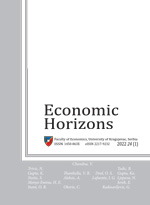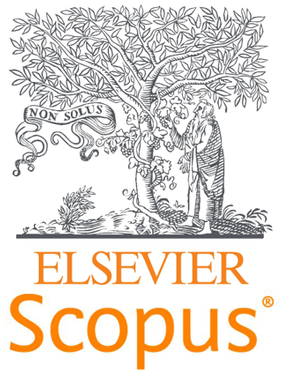THE NEXUS BETWEEN INSTITUTIONAL DEVELOPMENT AND FOREIGN INVESTORS’ PREFERENCES - A COMPREHENSIVE GMM STUDY
Sasho Arsov and Aleksandar Naumoski
Ss. Cyril and Methodius University, Faculty of Economics, Skopje, North Macedonia
This paper investigates the impact of various factors on the level of foreign direct investments in a country, with a special emphasis on the noneconomic, mostly institutional determinants. Using a broad sample of 124 countries and data for the period from 1996 to 2019, a dynamic panel GMM regression is applied. The regression results indicate that the relative share of FDI in the GDP depends positively on the development of the institutions in the country. To attract foreign investors, host countries should make considerable progress in the functioning of their legal system, the effectiveness of the government and fight against corruption, as well as creating an overall favorable investment climate. The same regression model applied to a subsample of European countries reinforced these findings, sending an important message to policymakers, who need to make decisive steps towards fixing systematic deficiencies rather than subsidizing foreign investors, which is a practice with suspicious cost-effectiveness at the macro level.
Keywords: foreign direct investments, institutions, corruption, rule of law
JEL Classification: F21, O43, P48




